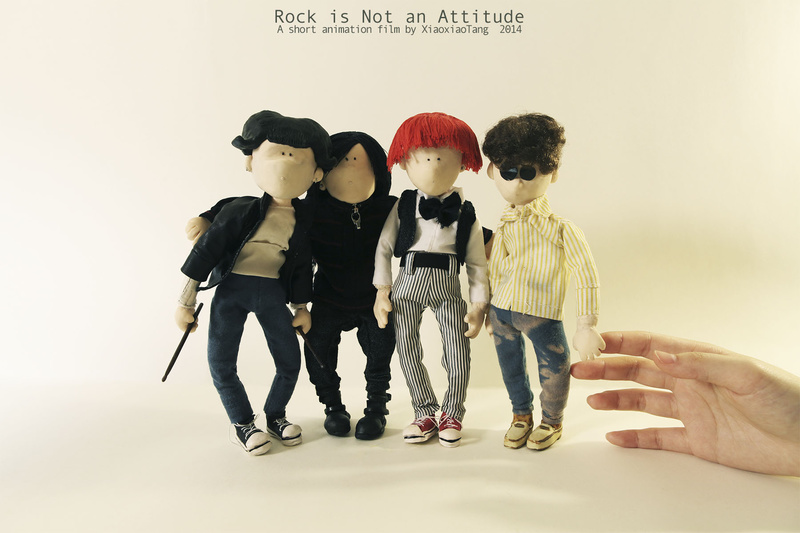ROFFEKE: You predict that ten years from now "Native American projects, movies and sit-coms will be prolific." Why are you confident about this, despite the discouraging statistics? (Less than 1 percent. "Indigenous Representation is Still Scarce in Hollywood: We need more Native Stories" by Crystal Echo Hawk, variety.com, October 11th, 2021)
LISTENING RAVEN:
There are things we just know and feel. And there have already been hints, breaks and missed opportunities for Native Actors and programs.
The number of Native American/Canadian talent out there this very moment is massive. And for that matter, Indigenous Persons all over the world. This includes comedy.
There is without debate a vast number of Indigenous Persons that have the ability to jump right into leading roles.
It's going to happen just out of the laws of probability. The mainstream can only shun such a giant talent pool for so long.
When it does happen, it will appear to be an accident. As are many of life's greatest moments. And when it does take place it will be like an artistic volcano that erupts from the earth after being silent for many years.
A small group of Los Angeles or New York City executives will stand up and cry to the show business heavens how they discovered this amazing resource. When, in fact, that resource has been here for years. If you want to get technical, somewhere around 15,000 years. That's how long Indigenous Persons have been walking on this land now called The Americas. And in places like Kenya and the continent of Africa, much longer. The birthplace of humanity has so much to offer all of human kind.
(Mildred, please extend a greeting (Kiwakomile, kee-wah-ko-nee-lay) from the people of The Americans to the Indigenous Persons of Kenya. More should know that the issues of Indigenous Persons just doesn't apply to The Americans, but Kenya as well such as the Pastoralist and Hunter-Gatherers in Kenya.
Please tell these Indigenous Persons they have brothers and sisters in Spirit from a land far away. Then again, all women and men from all places around the globe are brothers and sisters. We all began our journey in Africa. And someday, we, the people with pure hearts and righteous intentions shall all meet in one place.
I pray every day I am in the group of the decent and kind.
Many years ago, a Native American Elder explained to a newcomer to his land the struggle within all persons was like two dogs. The first was angry, aggressive and hateful. The second dog was kind, giving and filled with love.
When the Native Elder was asked by the newcomer which dog was stronger the Indigenous Elder responded: "Which ever one I feed the most.")
Some say its good old-fashioned prejudice that keeps Indigenous Persons out of the mainstream in this thing called show business. And that can be the reason in some cases, no doubt. Sadly, there will always be some that are so filled with bile, hate and vengeance to the point that bigotry is all they know.
However, the many persons in show business I've encountered are not bigots. They despise prejudice. And these studio executives that will jump with joy when they discover this Native wealth of talent are also good people for the most part. More Hollywood executives have given more chances to people of color and marginalized groups than many other businesses in The United Sates during the 19th Century. Not as many we'd like, but many other businesses. So, bigotry is not the primary reason for the exclusion of Indigenous Persons in entertainment. Many, myself included, believe it is fear of the unknown combined with the risk of losing money on what they see as a gamble. In short, it's not a question of black or brown, but green. Lose the green stuff and you're out of a good paying job.
And as for those brave studio executives that do take that big leap, it will be their discovery in the sense they took action when others sat still. They are the ones taking the career and financial risks. Always consider the other point of view. It's easy to be audacious with other people's money and business reputations. That's just life. That's taking an adult and realistic point of view.
That said, yes, risk taking needs to play a bigger factor. The first, second and even additional efforts may only break even or fail when it comes to Native Projects turning a profit. But it will pay off. We've had small breaks along the way.
A great example of an introductory moment was the sitcom Seinfeld in December of 1993 when this top rated programs in the ratings featured a Native American Woman on an episode. The name of the Indigenous actor was Kimberly Norris (Now Kimberly Guerrero) and she played the part of Winona. Without going into detail about this episode, which is brilliant, this stellar Native American talent was hilarious. In addition to being incredibly beautiful, she also had a certain stage presence that is a combination of great training and another element that can't be learned in the classroom.
Kimberly Norris-Guerrero (Winona) could easily have become a regular on Seinfeld, she was that captivating. Essentially, she was a Native version of the feature female character, Elaine Benes played by Julia Louis-Dreyfus.
How incredible it would have been to have had the character of Winona start dating Jerry? The character was that enthralling thanks to Kimberly Norris-Guerrero. The issue here in 1993 is that some believed the audience wasn't ready to see The Native American Character as just a character the same way they saw the rest of the cast as just individuals.
We have to get to the point where great characters such as Winona are intriguing characters that happen to be Indigenous Persons as opposed to Indigenous Persons that are also great characters.
And even after Winona was not brought back for another episode, Kimberly Norrie-Guerrero absolutely should have been picked up for any number of other comedic roles in any number of other great shows. How that didn't happen, is a mystery. Or, worse yet, maybe it's not.
But this pattern cannot continue. The tides shall turn. Once again, it's the laws of probability. So much sheer and overpowering talent in the Indigenous community will eventually explode upon the scene. And, as that Bill Shakespeare might say if he were here to see it happen, Why did equal talents bestride show business for so long like a colossus, while Native Talent found themselves in dishonorable artistic graves for far too many years.
Another key component to comedy is self-effacing humor. Many Indigenous Persons have amazing humor, much of which is self-deprecating. Just like any other group. We are all different; we are all the same. That can be depicted and celebrated.
The issue here is some in the mainstream are so hyper sensitive to offending Indigenous Person with smart humor that the powers to be won't take that risk out of political correctness. However, when you treat a group with kid gloves,that can be pandering. It's a fine line to many that produce programs.
Accept the fact we are all weird in our own way regardless of skin color, religion or geography. If you're not laughing at yourself some of the time, you're just not looking hard enough.
A 2024 version of Winona from the December 1993 Seinfeld episode could take the whole Indian giver remark in a completely different direction in 2025.
One: to be funny.
Two: to make a serious point about how the saying could factually be called: An Anglo giver.
And audience, and people in general don't like to be screamed at, lectured and demeaned even when they make ignorant remarks. Humor goes a long way regardless of what we look like on the outside. It can then open the door to a gentle manner in which to give a history and/or moral lesson.
The aforementioned Seinfeld episode with Kimberly Norris-Guerrero, if done today, could have gone unfolded as such:
WINONA: You mean like an Indian giver?!
JERRY: I'm sorry, I'm not familiar with that term.
WINONA: I could argue as a Native American isn't it my prerogative to be an Indian giver? Are you denying me my cultural birthright?
JERRY: You really want this TV Guide.
WINONA: Besides, when you think about it, it's the white man that broke every contract they ever made with my people, so maybe it should be Anglo giver.
JERRY: I think you just invented a new term.
WINONA: And I'm not even warmed up.
ANOTHER SUB-PLOT SCENE TAKES PLACE WITH OTHER CHARACTERS. THEN CUT BACK TO WINONA AND JERRY WALKING OUTSIDE
JERRY: You know the term red skin is really inappropriate.
WINONA: I'm supposed to thank you for that sentiment?
JERRY: Think about it, the only people that turn red are pale skinned whites with sunburn.
WINONA: Fine. We'll go to the beach and I'll hide your suntan lotion and put your profile on a football helmet.
WINONA AND JERRY TURN TO ANOTHER TOPIC NOT RELATING TO CULTURAL DIFFERENCES. SOON, WINONA IS JUST ANOTHER CHARACTER AS FLAWED AS THE REST OF THE CAST. NOT FOR HER HERITAGE, BUT HUMANITY.
***
Look out for Listening Raven's answer to question 5: "Advise to upcoming screenwriters and those in underrepresented communities?"


































































































































































































